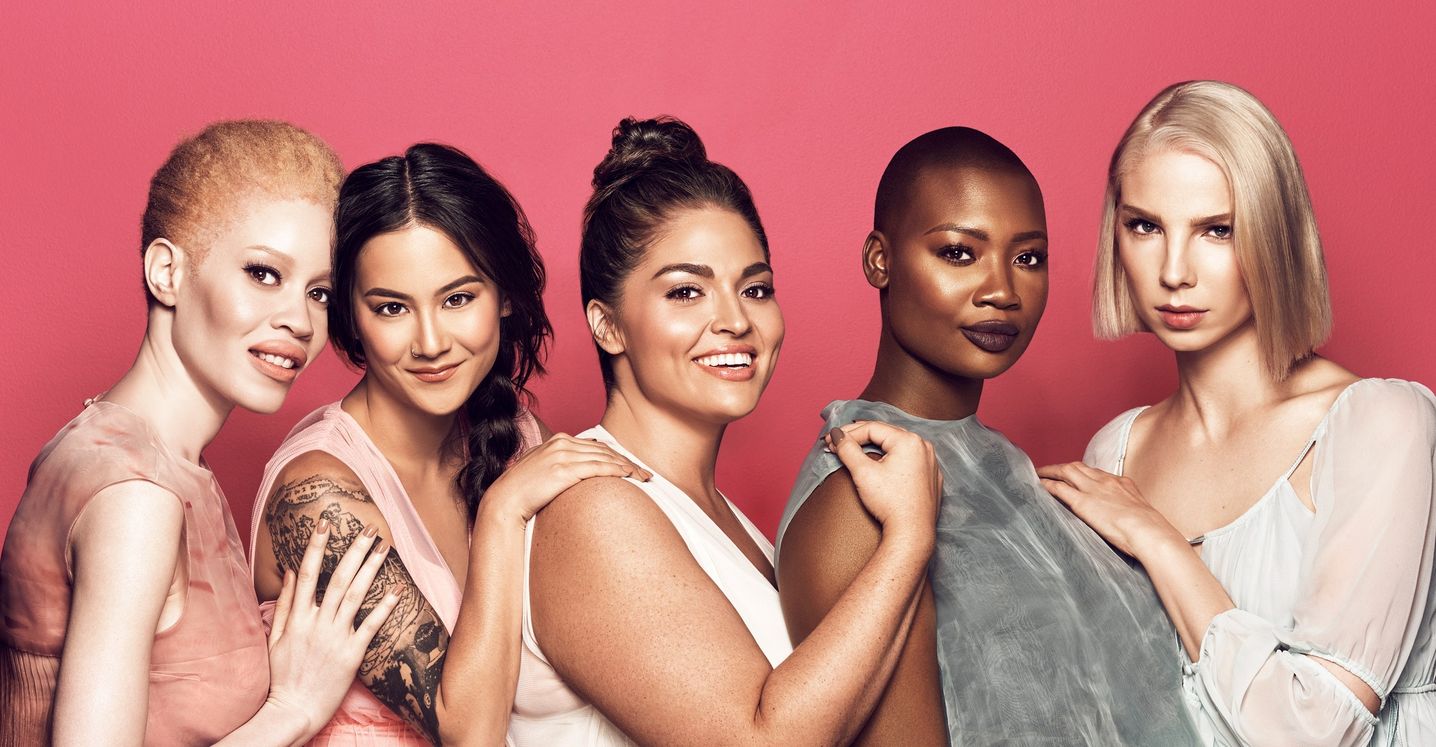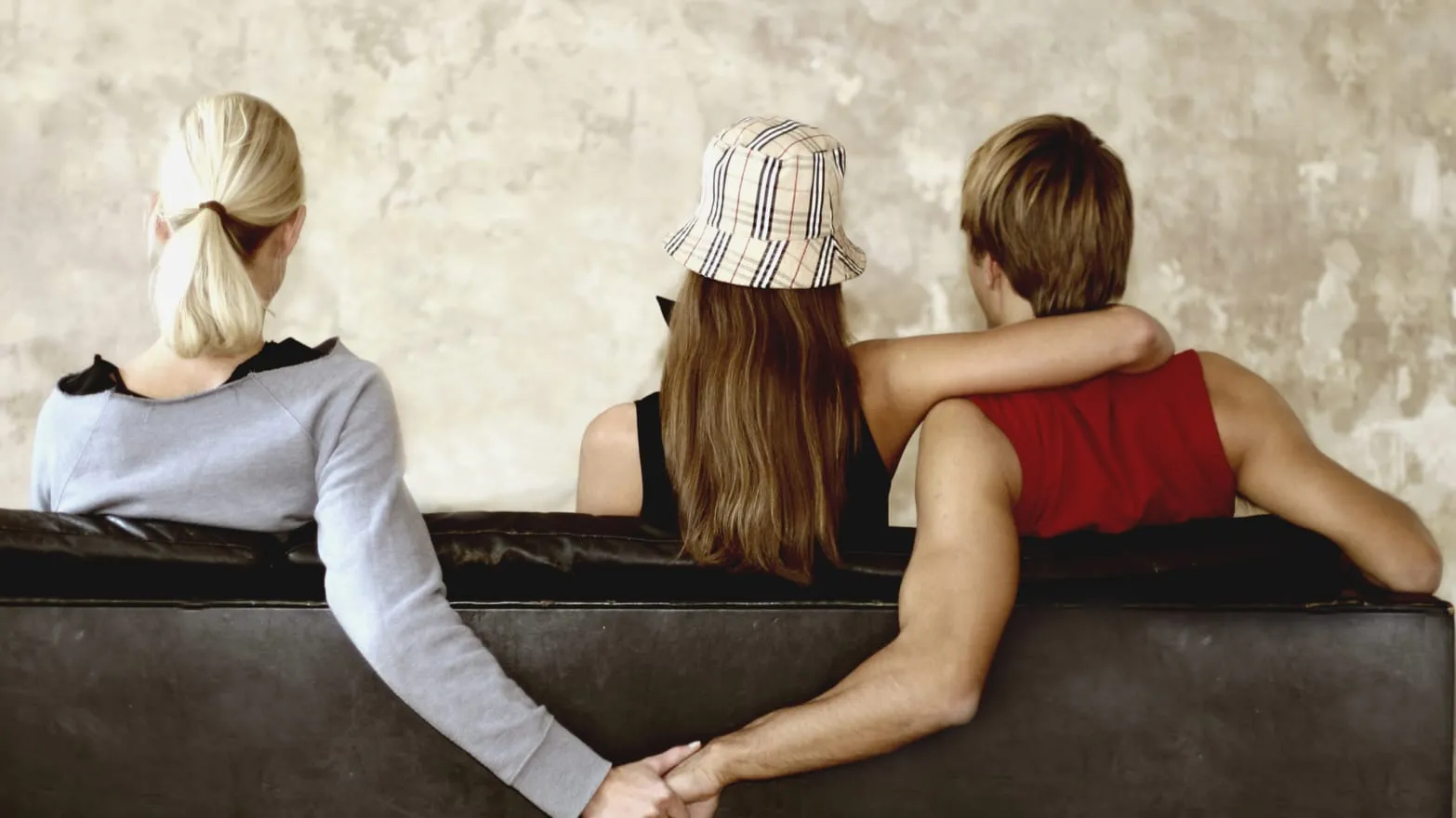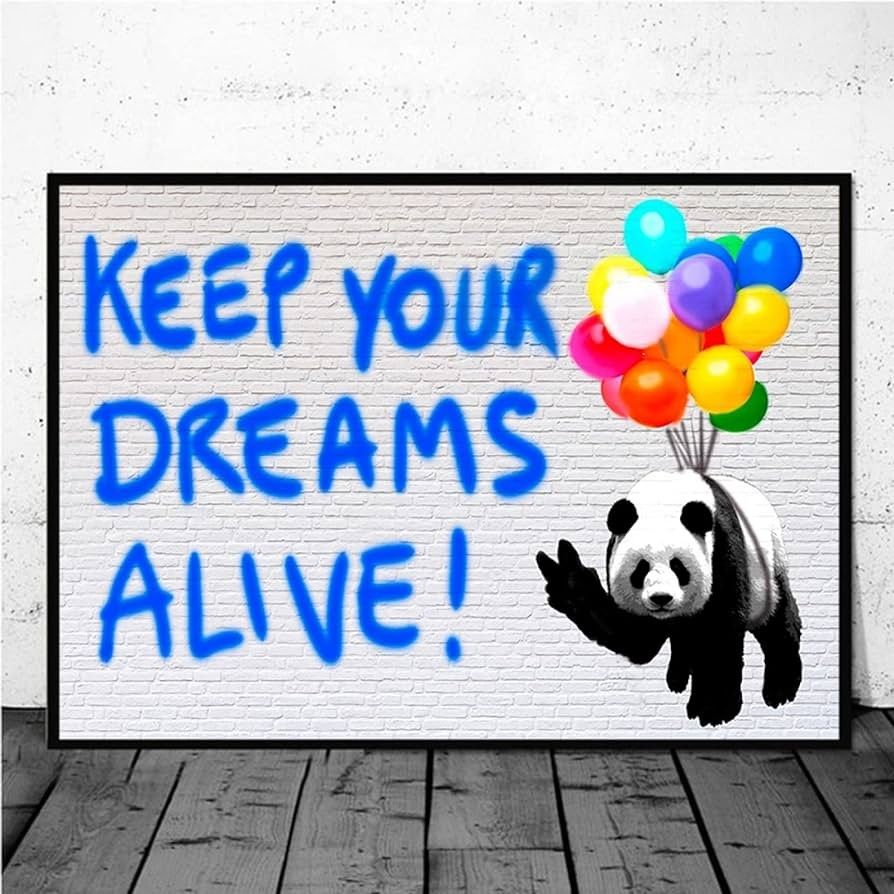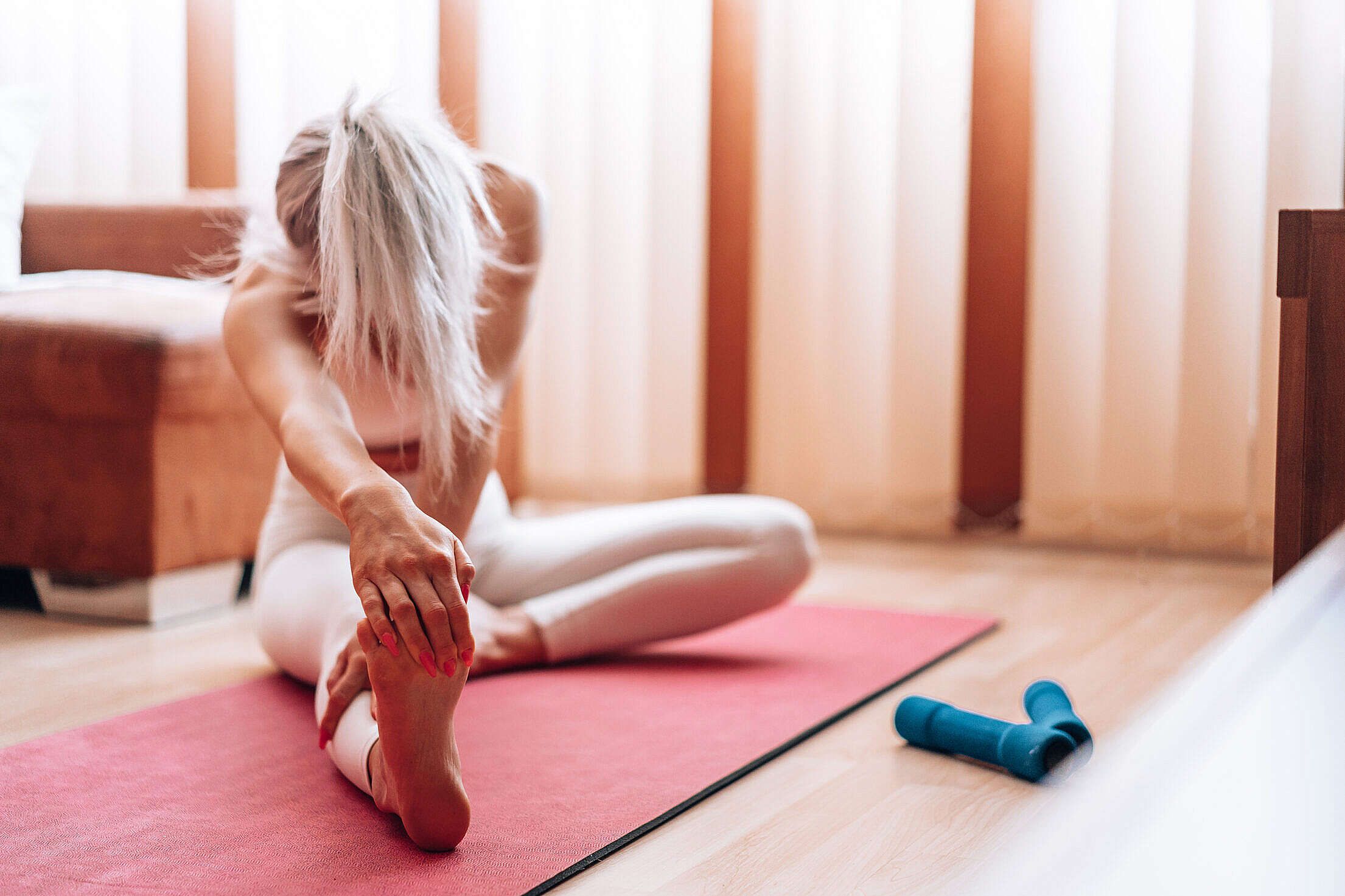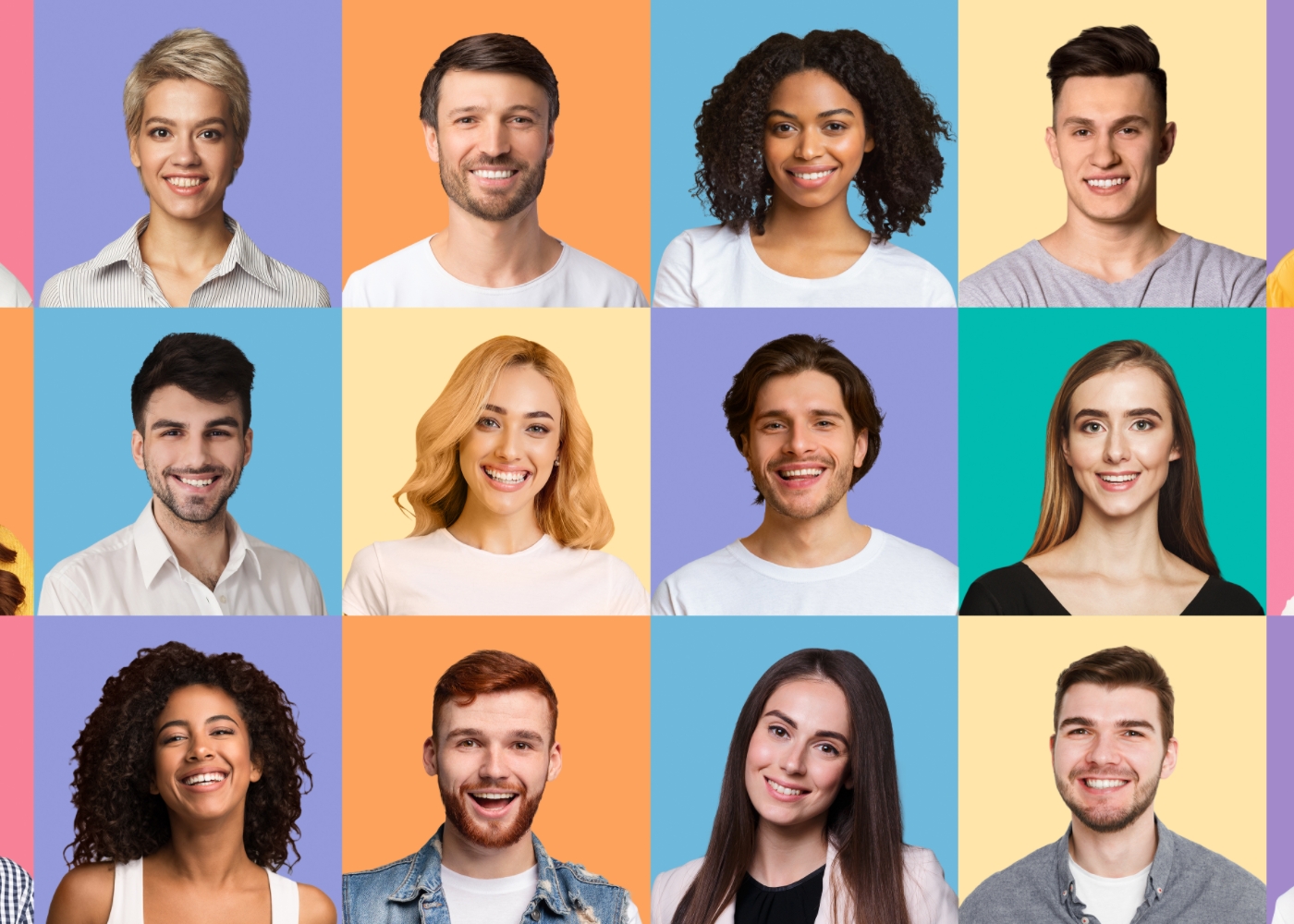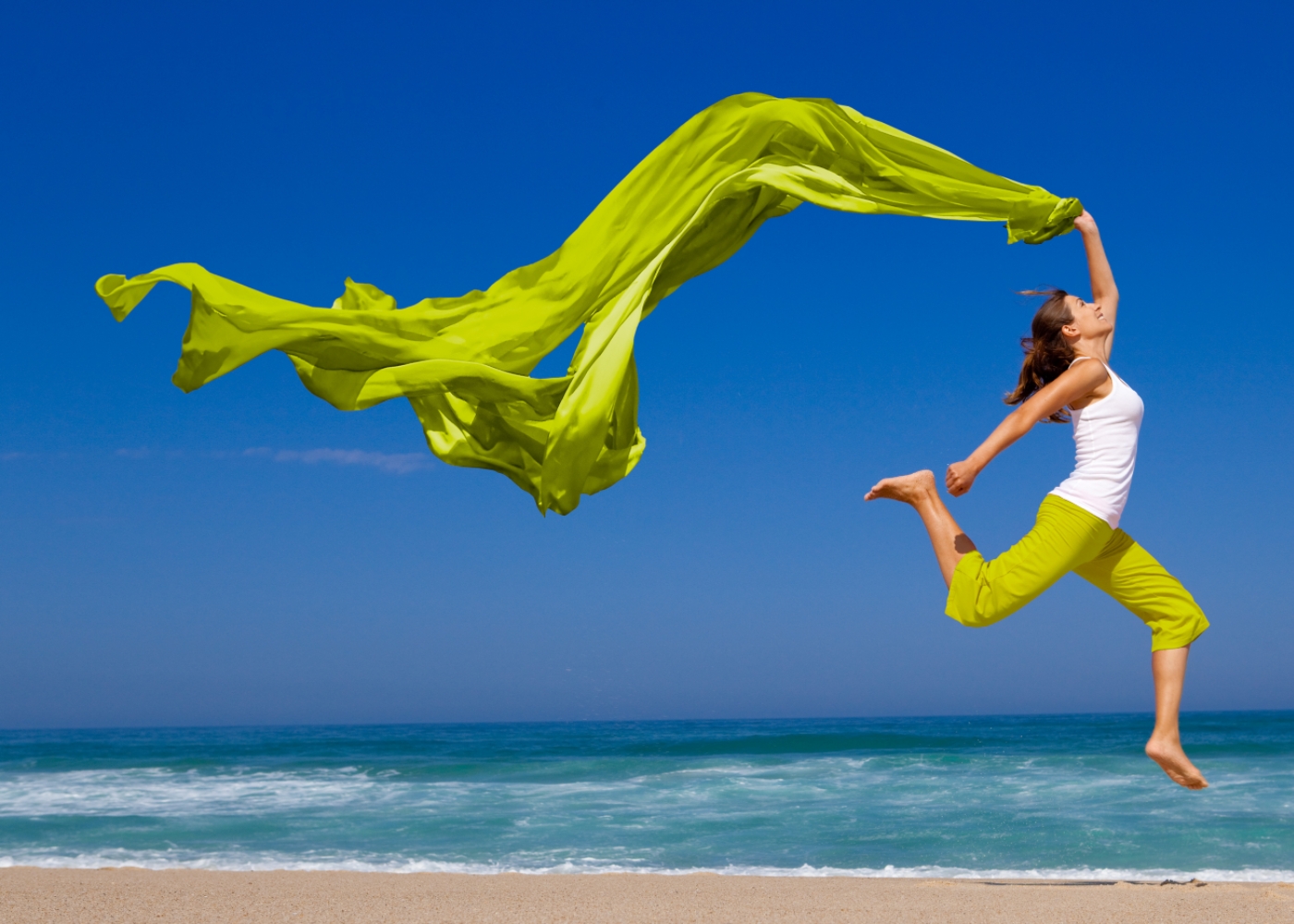In a world captivated by the fleeting allure of the “trendy it girl”, it’s easy to fall into the trap of believing there’s a singular formula for beauty and attractiveness. Social media feeds are inundated with images that celebrate a narrow scope of style and physique, (Think Kim K, Beyonce, Hadid sisters) often leaving a vast majority feeling as though they’re perpetually chasing an unattainable ideal.
Let’s dismantle the myth of a one-size-fits-all approach to beauty, arguing instead for the celebration of one’s own body and personal style. The truth is, beauty and attraction are as varied as the human race itself, with every culture, community, and individual harboring their own unique preferences. By embracing what you have and working with your innate qualities, you contribute to a richer, more diverse version of human beauty.
Embracing Individuality Over the “It Girl” Standard
The concept of the “it girl” emerges from a media landscape that thrives on uniformity. This archetype, often characterized by specific body types, fashion choices, and lifestyle attributes, sets a standard that is not only narrow but also highly exclusionary. However, the pursuit of this ideal overlooks a fundamental truth: beauty is subjective. What captivates one person might not even catch the eye of another. The insistence on a singular beauty standard fails to acknowledge the rich diversity of human forms and the fact that real attractiveness stems from authenticity and self-confidence.
Historically, beauty standards have shifted dramatically, with each era bringing its own definition of the ideal form. This evolution underscores the arbitrariness of such standards. Today, although there’s a growing movement towards inclusivity and body positivity, mainstream media and fashion industries still largely celebrate a limited range of sizes and shapes. This perpetuates a cycle of insecurity and comparison among individuals who find themselves outside these narrow parameters.
The fallacy of a universal beauty standard is further debunked when considering the biological and psychological underpinnings of attraction. Scientific studies suggest that genes, environment, personal experiences, and cultural background significantly influence what individuals find attractive. This variability means that trying to conform to a specific look not only is futile but also ignores the wealth of evidence pointing towards the inherent diversity in human preferences.
Celebrating Global Diversity in Beauty
To understand the true spectrum of beauty, one must look beyond the confines of their own culture and explore global perceptions of attractiveness. Across the world, beauty standards vary dramatically, influenced by historical, environmental, and societal factors. For instance, in some cultures, a fuller figure is celebrated as a sign of wealth and prosperity, while in others, slimness is associated with health and vitality. Similarly, fashion and personal style are influenced by local traditions, climate, and cultural values, resulting in a rich diversity of expressions of beauty.
In South Korea, the beauty ideal often includes pale skin, a small face, and large eyes, while in parts of Africa, scarification and lip plates are considered markers of beauty and social status. In Western societies, tanned skin and athletic bodies have often been celebrated, showcasing the stark contrasts in beauty ideals across the globe. These differences illustrate that beauty is not monolithic; it is a mosaic of varied traits and attributes that reflect the diversity of the human race.
The Psychology of Attraction
Psychological research provides insight into the complexity of human attraction, suggesting that there are no universal rules for what people find appealing. Studies have shown that personal preferences in physical appearance are deeply influenced by an individual’s cultural background, life experiences, and even the biological instinct for genetic diversity. This explains why what is considered attractive varies so much from person to person and culture to culture.
Attraction is not solely based on physical characteristics; personality traits such as kindness, humor, confidence, and intelligence play a significant role in how people are perceived by others. This multifaceted nature of attraction means that there truly is someone out there for everyone, regardless of their physical appearance or style.
Celebrating Your Unique Body and Style
Embracing and celebrating your natural body type and personal style can be a revolutionary act in a world that often seeks to homogenize beauty. Here are some practical ways to start this journey of self-acceptance and celebration:
- Reflect on What You Love About Yourself: Make a list of the things you love about your body and your style. Focusing on your positives can help shift your mindset from what you wish to change to what you wish to celebrate.
- Dress for Yourself: Wear what makes you feel confident and comfortable, not what you think you should wear based on current trends or societal standards. Your style should be a reflection of your personality, not a carbon copy of someone else’s.
- Find Inspiration in Diversity: Look for fashion and beauty icons who embrace their uniqueness. Social media platforms can be a great place to find a community and inspiration that celebrate diverse beauty and style.
- Practice Self-Care: Taking care of your body and mind is a fundamental way to celebrate yourself. Whether through exercise, nutrition, skincare, or mental health practices, self-care is a testament to your worth and beauty.
- Ignore the Haters: There will always be voices that try to diminish your self-worth based on arbitrary standards. Learning to tune out these negative influences and trust in your own sense of beauty is key to embracing your true self.
The Impact of Social Media on Beauty Perceptions and Self-Esteem
In the digital age, social media platforms play a pivotal role in shaping perceptions of beauty and self-worth. While these platforms can offer spaces for representation and community building around diverse body types and styles, they can also perpetuate unrealistic beauty standards and comparison culture. Understanding the dual nature of social media’s impact is crucial in navigating its influence on our self-esteem and body image.
The Double-Edged Sword of Social Media
On one hand, social media has democratized fashion and beauty, giving voice to underrepresented groups and challenging traditional beauty norms. Platforms like Instagram and TikTok have enabled individuals of all shapes, sizes, colors, and styles to share their stories and aesthetics, fostering a more inclusive environment. This visibility can be empowering, offering real-world examples of beauty in diversity and helping individuals feel seen and valued.
However, the curated nature of social media content often presents a skewed reality. The prevalence of filters, photo editing, and selective sharing can create an environment where only the most polished, idealized images are visible, setting unrealistic expectations for viewers. This can lead to feelings of inadequacy, low self-esteem, and an endless pursuit of perfection that detracts from the celebration of one’s unique beauty and style.
Navigating Social Media Wisely
To harness the positive aspects of social media while mitigating its negative impacts, consider the following strategies:
- Curate Your Feed: Actively seek out and follow accounts that promote body positivity, diversity, and realistic portrayals of beauty. Unfollow or mute accounts that make you feel inadequate or pressured to conform to unrealistic standards.
- Limit Comparison: Remember that much of what is shared on social media is a curated highlight reel, not an accurate depiction of everyday life. Focus on your own journey and progress rather than comparing yourself to others.
- Engage with Positive Communities: Participate in online communities that support self-acceptance and personal growth. Engaging with like-minded individuals can offer encouragement and remind you that you’re not alone in your experiences.
- Take Breaks: Regularly stepping away from social media can provide perspective and help maintain a healthy relationship with your online habits. Use this time to engage in activities that reinforce your self-worth and happiness outside of the digital realm.
- Promote Authenticity: Be part of the solution by sharing your own authentic experiences and embracing your true self online. Your honesty can inspire others to do the same, creating a more positive and supportive online environment.
The digital landscape is a significant part of our lives, influencing how we perceive beauty and ourselves. By navigating social media with intention and critical awareness, we can enjoy its benefits while protecting our self-esteem. Embracing our unique beauty and style in a world saturated with often unattainable standards is not just an act of self-love but a declaration of independence from the narrow confines of traditional beauty ideals. Let us continue to celebrate the diversity and richness of human beauty, both online and in the real world, fostering a more inclusive and accepting society.
The Distortion of Reality: Filters, Apps, and the Quest for Perfection
In the era of instant photo sharing and visual storytelling, filters and photo editing apps have become tools for personal expression on social media. While these technologies offer fun and creative ways to enhance images, they also contribute to a distorted perception of reality, where flawless skin, symmetrical features, and idealized body shapes become the norm. This digital alteration of appearances has profound implications for our understanding of beauty and self-worth, often leading to unhealthy comparisons and a relentless pursuit of perfection.
Unattainable Standards and Self-Perception
The widespread use of filters and editing tools creates an environment where nearly every image we encounter has been altered in some way. This constant exposure to idealized images sets unrealistic beauty standards that are impossible to meet in real life. As users apply these digital enhancements to their own photos, a cycle of expectation versus reality begins, where one’s natural appearance is deemed inadequate when compared to their digitally altered self or to the edited images of others.
This discrepancy can have serious effects on self-esteem and body image. Studies have shown that frequent exposure to and use of beauty filters is associated with increased dissatisfaction with one’s appearance, highlighting the psychological impact of these digital tools. The desire to look like one’s filtered self in real life, a phenomenon sometimes referred to as “Snapchat dysmorphia”, can lead to negative body image, anxiety, and even consideration of cosmetic procedures.
Breaking Free from the Digital Illusion
Combatting the unhealthy influence of filters and editing apps requires a multifaceted approach, centered on awareness, education, and the promotion of authentic self-representation:
- Awareness and Critical Thinking: Cultivating an awareness of the pervasive use of filters and edits can help demystify the images we see online. Encouraging critical thinking about the authenticity of these images can reduce their impact on our self-esteem.
- Digital Literacy: Education about digital literacy, including understanding how filters and editing apps work, can empower individuals to navigate social media more wisely. Recognizing the difference between digital enhancements and reality is crucial in fostering a healthy self-image.
- Promoting Authenticity: Advocating for and practicing authentic representation on social media contribute to a more realistic portrayal of human beauty. By sharing unfiltered and unedited images, individuals can challenge the prevailing norms and encourage others to embrace their true selves.
- Seeking Support: For those struggling with body image issues exacerbated by digital distortions, seeking support from friends, family, or mental health professionals is important. Creating spaces for open discussions about the impact of social media on self-perception can foster a supportive community environment.
The digital age has brought about remarkable tools for creativity and expression, but it has also blurred the lines between reality and illusion in our perceptions of beauty. By recognizing the artificial nature of many images on social media and questioning the standards they promote, we can begin to liberate ourselves from the tyranny of digital perfection. Celebrating our imperfections, embracing authenticity, and fostering a culture of acceptance and support are essential steps towards cultivating a healthier relationship with our own images and appreciating the true diversity of human beauty.
